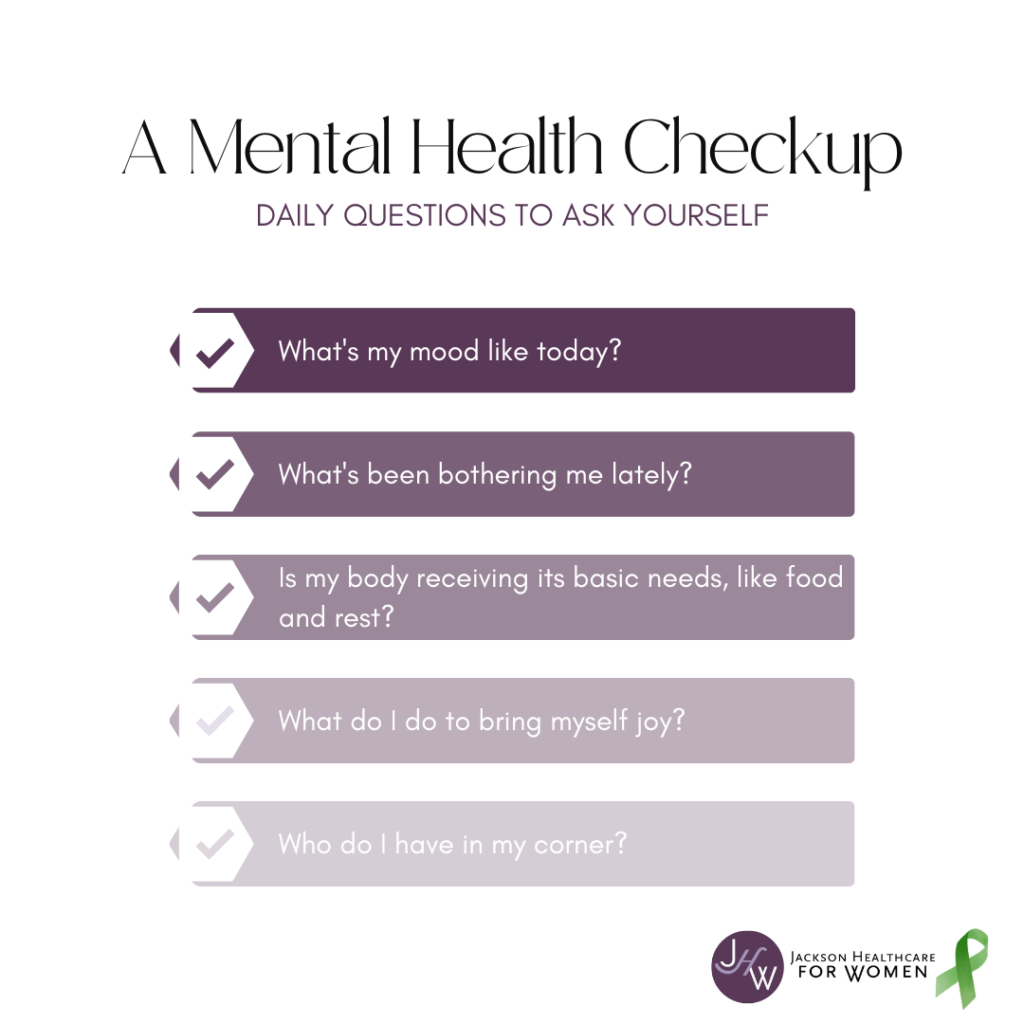Introduction
Mental illness is a serious issue, but it’s also one that people tend to ignore.
Women are more likely than men to experience depression and anxiety, but they often don’t seek help for their symptoms or don’t recognize the need for medical attention until it’s too late. According to the National Institute of Mental Health, more than half of people with depression are women, and women are twice as likely to experience postpartum depression as men.
The reasons for this disparity aren’t fully understood yet; some researchers believe that hormones play a role in triggering these disorders (especially during pregnancy), while others suggest that societal pressures on women may contribute to higher rates of mental health issues among them.
Postpartum depression can happen at any time during the postpartum period, not just after delivery.
While postpartum depression is commonly thought of as a condition that occurs after childbirth, it can start at any time during the postpartum period. This includes before delivery, during pregnancy or even after delivery.
Postpartum depression affects 10 to 15 percent of new mothers–that’s up to one in seven women! If you’re feeling depressed and anxious after having your baby or anytime during your pregnancy, it’s important to talk with someone about what you’re experiencing so that you can get help fast.
Many women don’t recognize the symptoms of postpartum depression until it’s too late.
Don’t wait until your depression or anxiety is so severe that you need a hospital visit. Seek help as soon as you start to feel depressed or anxious. Don’t be afraid of talking about it and asking for help from family, friends and professionals.
If you think you may have postpartum depression, the following are some of the symptoms to watch for:
- Feeling sad for most of the day or losing interest in your baby and other loved ones. (This is different from just feeling tired.)
- Not being able to enjoy things that you used to enjoy before having your child, such as going out with friends or doing activities that used to bring joy into your life.
- Feeling guilty, worthless, or helpless most days of the week over a period longer than two weeks (even if there are good reasons why this might be happening).
You shouldn’t have to suffer from mental health problems on your own; there are many resources available to help you get through this difficult time.
If you are suffering from depression or anxiety, it’s important to talk about it with someone. You should not have to suffer alone. You can start by talking to your doctor or another health care professional such as a psychologist or therapist. They will be able to help assess how serious your symptoms are and provide treatment options if necessary.
Friends and family members can also provide support during difficult times–but don’t underestimate the power of other mothers who have been through similar struggles! Whether they’re in person or online, support groups provide an outlet for sharing experiences, offering advice, and receiving encouragement from people who truly understand what you’re going through because they’ve been there themselves (or are still going through).
To keep your mental health in check, you should ask yourself daily:
- What’s my mood like today?
- What’s been bothering me lately?
- Is my body receiving its basic needs like food and rest?
- What can I do to bring myself joy?
- Who do I have in my corner?
If any of your answers reveal that you are struggling to cope, speak with your physician if you’d about whether he or she recommends scheduling an appointment to speak with one of our counselors.
About Jackson Healthcare for Women
Jackson Healthcare for Women is Mississippi’s leading provider of health care services for women. With 15 physicians on staff, Jackson Healthcare for Women is one of the largest and most respected women’s healthcare clinics in the area.

